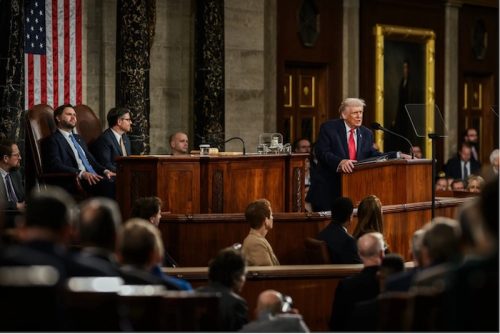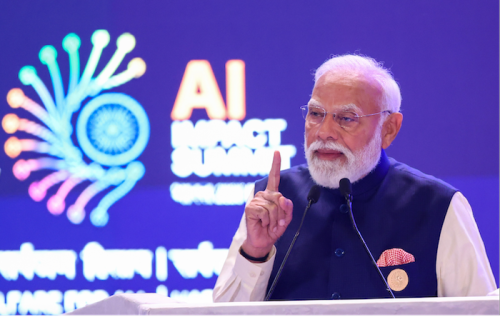AI has come a long way over the past decade. The compute resources dedicated to the technology have been increasing exponentially, doubling every four months on average. This corresponds to an increase by a whopping 30,000,000 percent since 2012.
This stellar growth has enormous implications for the future of work and of society as a whole. Despite this potential, governments around the world don’t know exactly how much compute their country has for AI, how it’s used, or how to prevent it from being harmful.
Their ignorance is concerning, given that AI as a concept has been around for several decades. And for the last decade, a range of organizations have conducted massive research efforts aimed at deploying AI for industrial means. Such efforts could have a profound effect on people’s lives.
Precise knowledge of the state of the art is crucial so that governments can put effective policies in place regarding AI and its implementation. Think about it this way: If governments didn’t know precisely what the inflation rate was at any given time, deciding on measures for growing the economy would be much harder. Likewise, information about traffic gives the government important clues on where to invest in infrastructure. Most recently, we’ve all been witness to how data on Covid-19 has led to different rules for public conduct.
Along these same lines, failing to collect relevant data about AI carries significant risk, as a recent paper by Jess Whittlestone and Jack Clark points out. Without data, governments will be in a much worse position to regulate AI and monetary investments will be more prone to fail. To get started, we need to learn from the past because some harm has already been done.
AI might have incredibly good effects on healthcare, carbon emissions, sustainable crops, and economic growth. But it can also do lots of harm, for example as a tool for repression and monitoring of civilians. The latter would mean that all power is concentrated in a small class of elites, instead of getting AI to empower each and every citizen. It’s not too late to act now and start some pilot projects. The U.S. government can use its results to draft legislation for the years to come and position itself as a global leader once again.
The article was originally posted here.
The Boston Global Forum (BGF), in collaboration with the United Nations Centennial Initiative, released a major work entitled Remaking the World – Toward an Age of Global Enlightenment. More than twenty distinguished leaders, scholars, analysts, and thinkers put forth unprecedented approaches to the challenges before us. These include President of the European Commission Ursula von der Leyen, Governor Michael Dukakis, Father of Internet Vint Cerf, Former Secretary of Defense Ash Carter, Harvard University Professors Joseph Nye and Thomas Patterson, MIT Professors Nazli Choucri and Alex ‘Sandy’ Pentland, and European Parliament Member Eva Kaili. The BGF introduced core concepts shaping pathbreaking international initiatives, notably, the Social Contract for the AI Age, an AI International Accord, the Global Alliance for Digital Governance, the AI World Society (AIWS) Ecosystem, and AIWS City.










